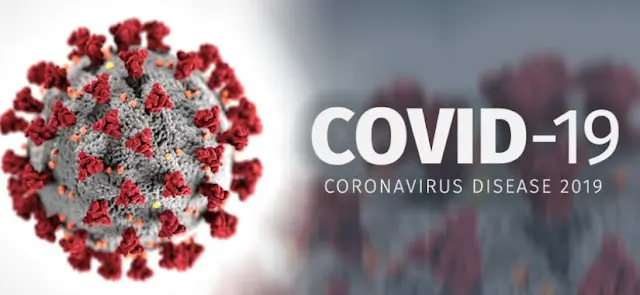The University of Ghana through the Health Services Directorate has issued a public notice alerting the campus community to a recent resurgence of COVID-19 cases.
According to the directive dated June 23, 2025, a number of suspected and confirmed cases have been identified in and around the university’s vicinity, prompting a reactivation of the institution’s COVID-19 response protocols.
In the notice, university authorities urge all students, staff, and visitors to remain vigilant and strictly observe a set of preventive measures aimed at curbing the spread of the virus.
These include wearing face masks in enclosed or crowded spaces, frequent handwashing or use of alcohol-based sanitizers, maintaining physical distancing of at least one metre, and avoiding large gatherings.
The directive also emphasised the importance of ensuring proper ventilation in offices and lecture halls, and advised individuals showing any flu-like symptoms to remain at home and seek prompt medical attention.
To strengthen efforts against potential community transmission, the Health Directorate has reinstated its COVID-19 screening and triage protocols at campus health facilities.
The university has also committed to closely monitoring the situation and providing regular updates to the community.
The notice concluded with a call for collective action: “Let us work together to protect ourselves and our community.”
COVID-19 is an infectious disease caused by the novel coronavirus first identified in Wuhan, China. It has been named coronavirus disease 2019 (COVID-19) – ‘CO’ stands for corona, ‘VI’ for the virus and ‘D’ for the disease. Formerly, this disease was referred to as ‘2019 novel coronavirus’ or ‘2019-nCoV’.
Most people who fall sick with COVID-19 will experience mild to moderate symptoms and recover without special treatment.
The virus that causes COVID-19 is mainly transmitted through droplets generated when an infected person coughs, sneezes, or exhales and these droplets are too heavy to hang in the air and quickly fall on floors or surfaces.
You can be infected by breathing in the virus if you are within close proximity of someone who has COVID-19, or by touching a contaminated surface and then your eyes, nose, or mouth.
Symptoms can include fever, cough, and shortness of breath. In more severe cases, an infection can cause pneumonia or breathing difficulties. More rarely, the disease can be fatal.
These symptoms are similar to the flu (influenza) or the common cold, which are a lot more common than COVID-19. This is why testing is required to confirm if someone has COVID-19.





































